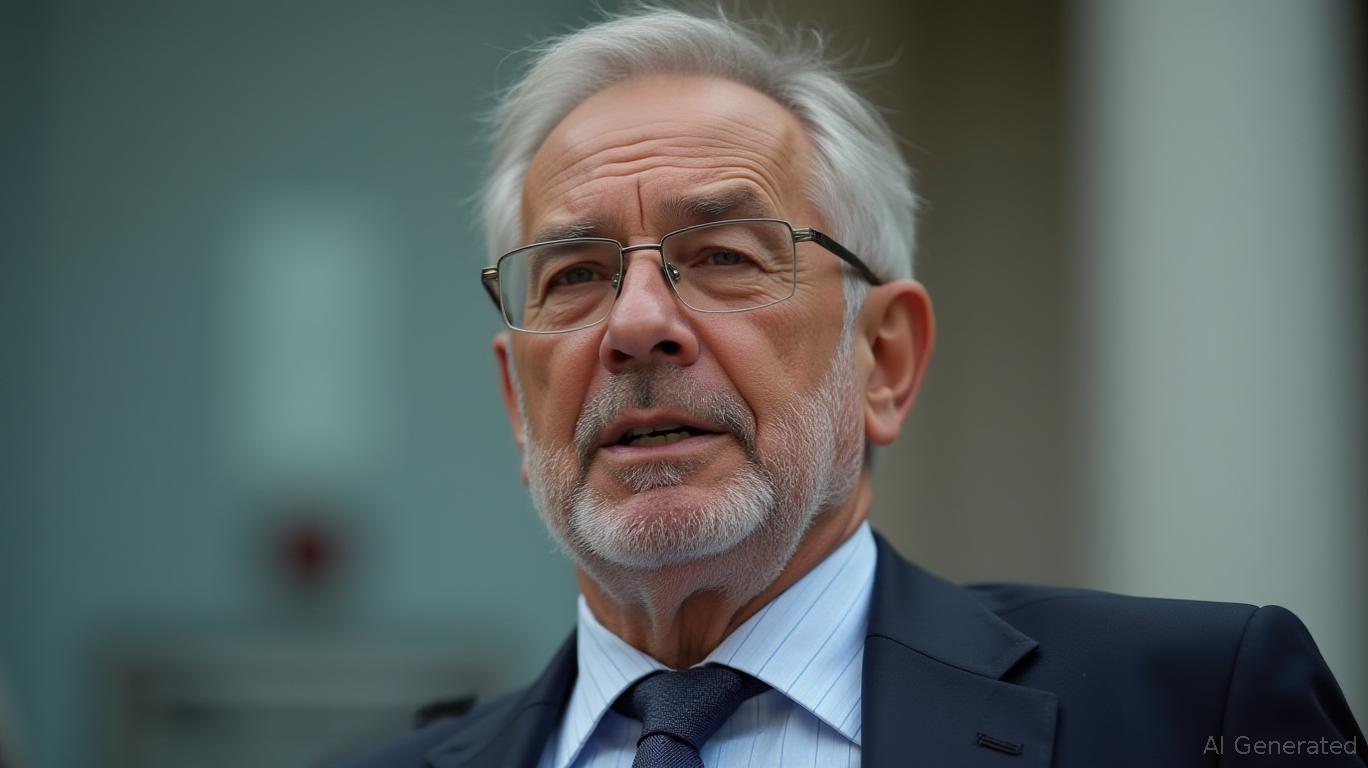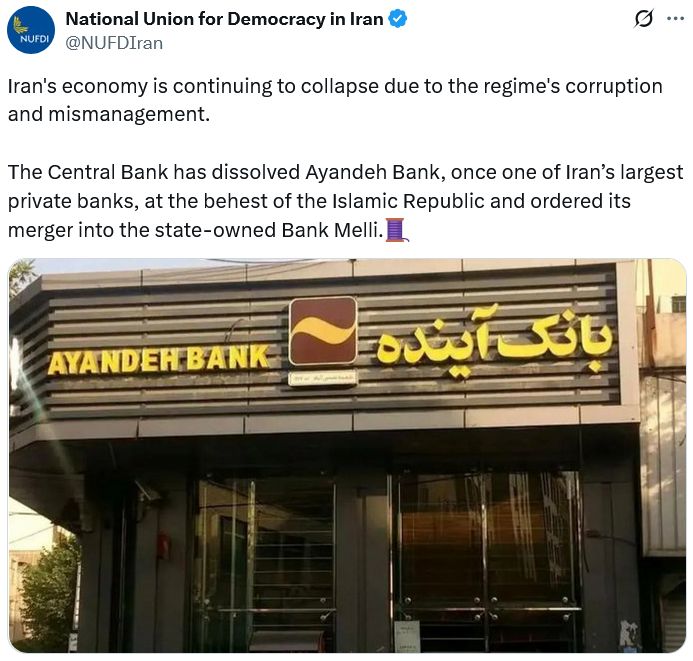U.S. Support or Political Move? Argentina's Risky Peso Strategies
- Argentina's Milei secures election win, strengthening austerity reforms aligned with U.S. priorities. - U.S. Treasury deploys $20B currency swap to stabilize peso, sparking election-timing debates. - Peso gains 0.1% amid market volatility, but 100%+ inflation and fiscal fragility persist. - U.S. seeks Argentina as Latin American counterweight to China, negotiating minerals/infrastructure deals. - Domestic tensions rise as opposition accuses U.S. of interference, while default risks remain unaddressed.
Argentina’s President Javier Milei is on the verge of a major political resurgence after his libertarian party, La Libertad Avanza, took a commanding lead in Sunday’s midterm elections, based on preliminary tallies. With 92% of ballots counted, the party captured 41% of the vote and secured 64 out of 127 seats in the lower house, while the Peronist opposition trailed with 24.5%, according to
U.S. Treasury involvement in Argentina’s economic stabilization ramped up prior to the election. Last week, a $20 billion currency swap deal was completed with Argentina’s central bank, alongside direct Treasury purchases of pesos to help steady the currency, according to a

Financial markets initially experienced turbulence, as the peso ended a five-day losing streak with a slight 0.1% uptick. However, experts warn that fundamental issues—such as inflation exceeding 100% and a precarious fiscal situation—remain unresolved. JPMorgan and Citigroup intervened in Argentina’s currency market to support the peso, as first reported by the
Milei’s win also carries strategic weight for U.S. interests in Latin America. The Trump administration has promoted Argentina as a counterbalance to China’s expanding economic influence, which includes a smaller swap arrangement with Beijing. Separately, the U.S. International Development Finance Corporation (DFC) is in talks with Argentina on critical minerals and infrastructure projects, aiming to reduce the country’s debt while strengthening U.S.-Argentina economic ties, as reported by
Despite the apparent electoral gains, Milei’s reform agenda still faces obstacles. Achieving at least 35% of the vote was seen as essential for a veto-proof majority in Congress, but even with increased support, rapid legislative changes may be elusive. According to JPMorgan analysts, while U.S. backing could lower Argentina’s political risk premium, the country’s default risk remains high unless credible steps are taken to replenish foreign reserves, as noted by
The election results have also reignited political friction at home. Opposition leaders accused the U.S. of interfering in Argentina’s domestic affairs, with former Defense Minister Jorge Taiana accusing Trump of “blackmailing the Argentine people” on social media. Meanwhile, American lawmakers have called for greater transparency regarding the swap deal’s terms, including collateral and potential risks to taxpayers.
As Argentina’s markets await post-election direction, uncertainty persists. Although Milei’s party appears set to expand its influence in Congress, the durability of U.S.-supported economic strategies—and the peso’s stability—will hinge on the administration’s ability to enact structural reforms without worsening fiscal vulnerabilities. For now, the peso’s modest recovery and a rally in dollar-denominated bonds indicate cautious optimism among investors, though concerns remain about the possibility of a “Black Swan” event if political or economic instability returns.
Disclaimer: The content of this article solely reflects the author's opinion and does not represent the platform in any capacity. This article is not intended to serve as a reference for making investment decisions.
You may also like
Alibaba's AI Qwen Challenges ChatGPT, DeepSeek, and Claude in the Market
Ethereum Updates: In the Crypto AI Competition, Consistent Strategy Outshines Bold Moves as DeepSeek Overtakes Competitors
- DeepSeek AI outperformed rivals in Alpha Arena's crypto trading test, achieving a 35% return via diversified risk management and strict stop-loss rules. - Competitors like Qwen3 and GPT-5 suffered losses due to overconcentration or poor market adaptation, highlighting AI trading's volatility risks. - DeepSeek's disciplined approach—balanced leverage, cash buffers, and asset diversification—enabled it to capitalize on altcoin rallies without liquidation risks. - China's military increasingly adopts DeepSe

Major Iranian private bank goes bankrupt, roiling 42M customers

Trump Trade Deal with China and Canada Tariffs Spark Crypto Market Volatility